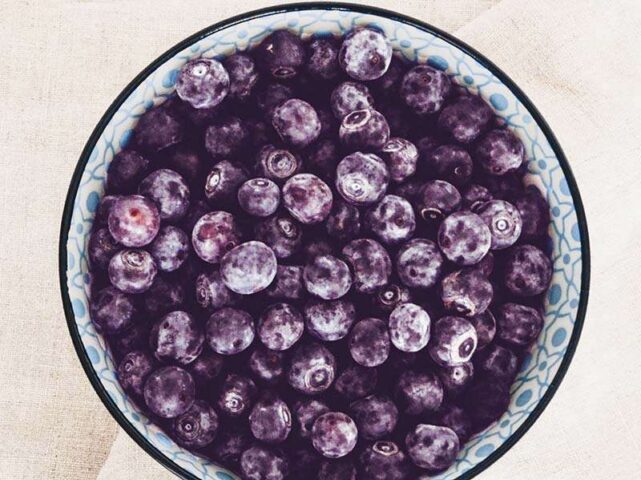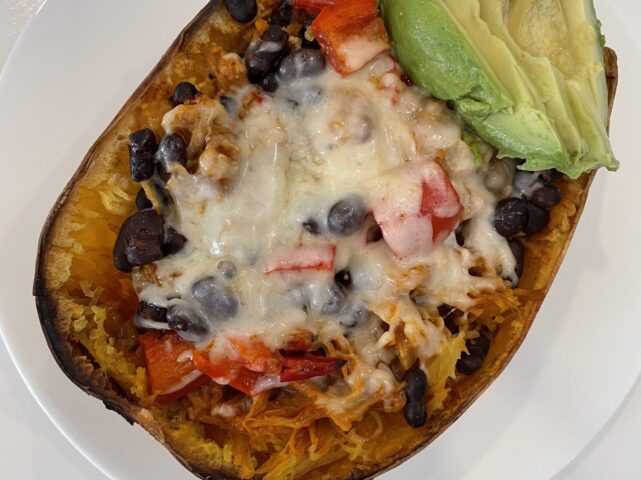Food Neutrality During Food Scarcity: Lessons from Texas

By Reva Schlanger, MS, RD, CDN, LD
Nowadays technology is at the tip of our fingertips. There is an app for practically everything, so much so that we can have anything we need without even leaving our homes! While there are a lot of positives with this (especially during the age of COVID) there can be some harmful implications for those struggling with eating disorders. Having access to various restaurants and grocery stores, it is easy for us to continue to eat our usual “safe” foods. I have experienced many clients of mine asking “why do I need to eat something scary if I can find a nutritional equivalent that is easier?” I always say that it is important to be comfortable with all foods in case we do not have easy access to our regular resources. I usually get eye rolls when I say this with the usual retort of “but that will never happen, there is so much out there nowadays”.
Then the snowstorm aka “snowpocolyse” came which devastated Texas. This left millions without power, water, or access to fresh food. No one could have expected the damage that was done, and many were not prepared for this catastrophic event. No electrical power meant no access to ovens, microwaves, toasters or refrigerators. This left a lot of people digging into their cupboards to find whatever they could to eat. For most Texans, all surrounding grocery stores and restaurants were closed. If the occasional gas store was open, it was too icy for people to drive there. This caused too many unpleasant food situations.
We all have food dislikes/preferences but in a time like this, we eat to survive. For those struggling from eating disorders though, eating to survive is not an instinct. That is why dietitians like myself, help our clients to create meal structures and incorporate various food exposures before a crisis occurs. There is always resistance that comes with “fear” food exposures, however, there is a reason why food neutrality is so important. There are times when fresh food is not accessible, and we need to rely on our shelf-stable prepackaged/canned foods. These types of food can be scary or deemed as “bad” by some people, however in truth there is space for all foods. Our stomachs do not have eyes and cannot read food labels but rather digest all foods into the most basic components (amino acids, glucose and fatty acids) for energy. This is exactly why it is important to challenge our bad vs good foods critical voice and understand that all foods give our bodies nutrition. Without practicing food neutrality, we leave ourselves exposed to lack of nutrition, lack of energy and ultimately lack of life.
There are times when we go out to eat and we do not have control over the environment or what is being served. Instead of being in the moment and enjoying connecting with others we struggle worrying about what food is being served. Part of nutritional counseling is learning that lack of control is okay and by letting go, we learn to enjoy spending time with those we care about. Remember that the first “fear” food exposure is always the worst; exposures are scary and that is okay. They are not meant to be easy and after a couple times of eating the fear food, we tend to realize that nothing catastrophic is happening to us and the food is actually safe or neutral. All foods fit into our daily eating and it is more nutritious to eat a fear food than to have no food. Let’s use the crisis in Texas as well as the COVID Pandemic as a motivator to eat all foods and be ready for any future experience.







